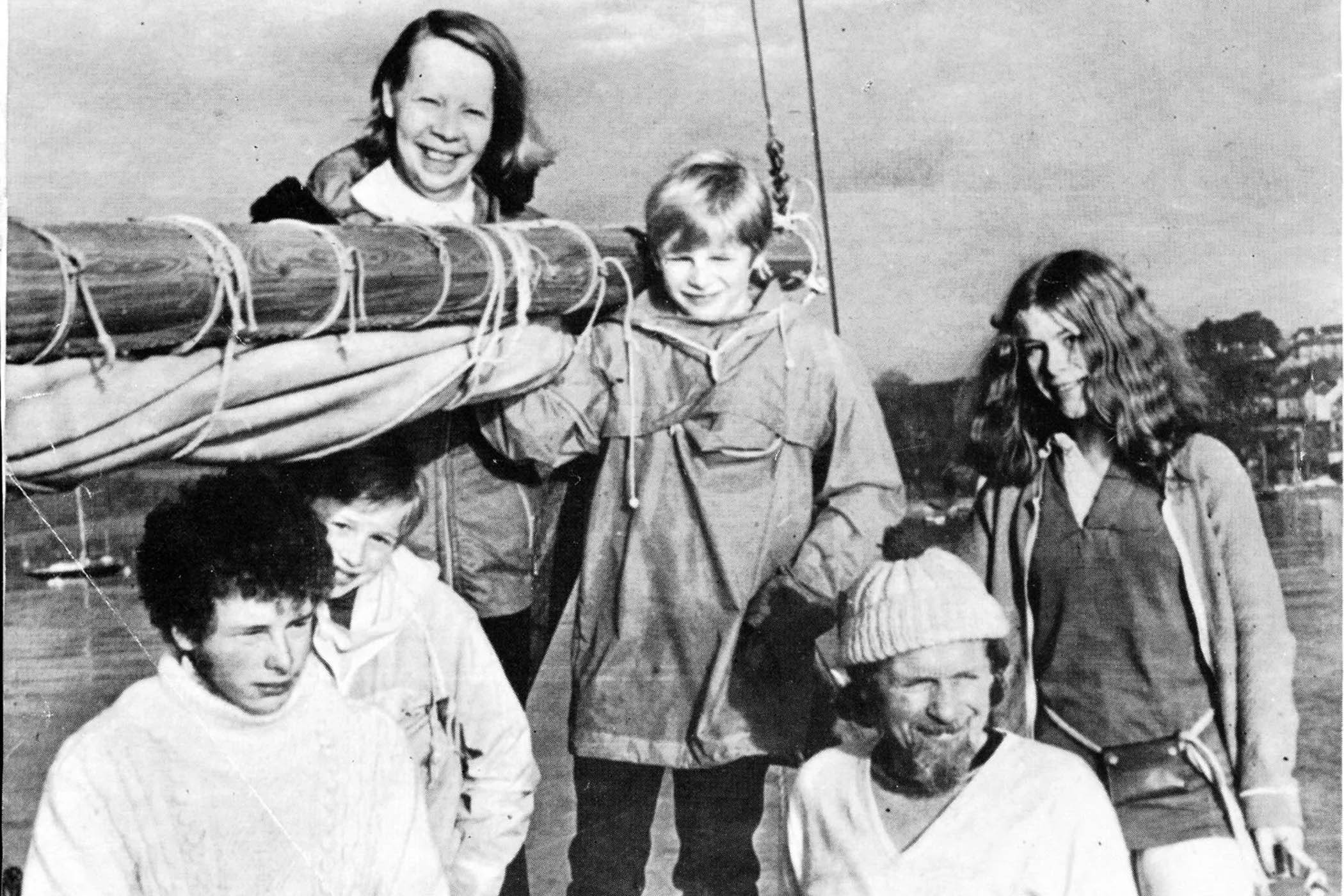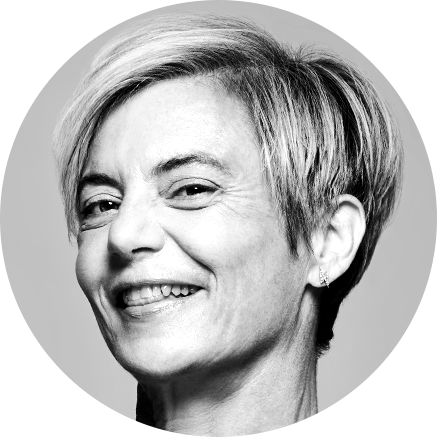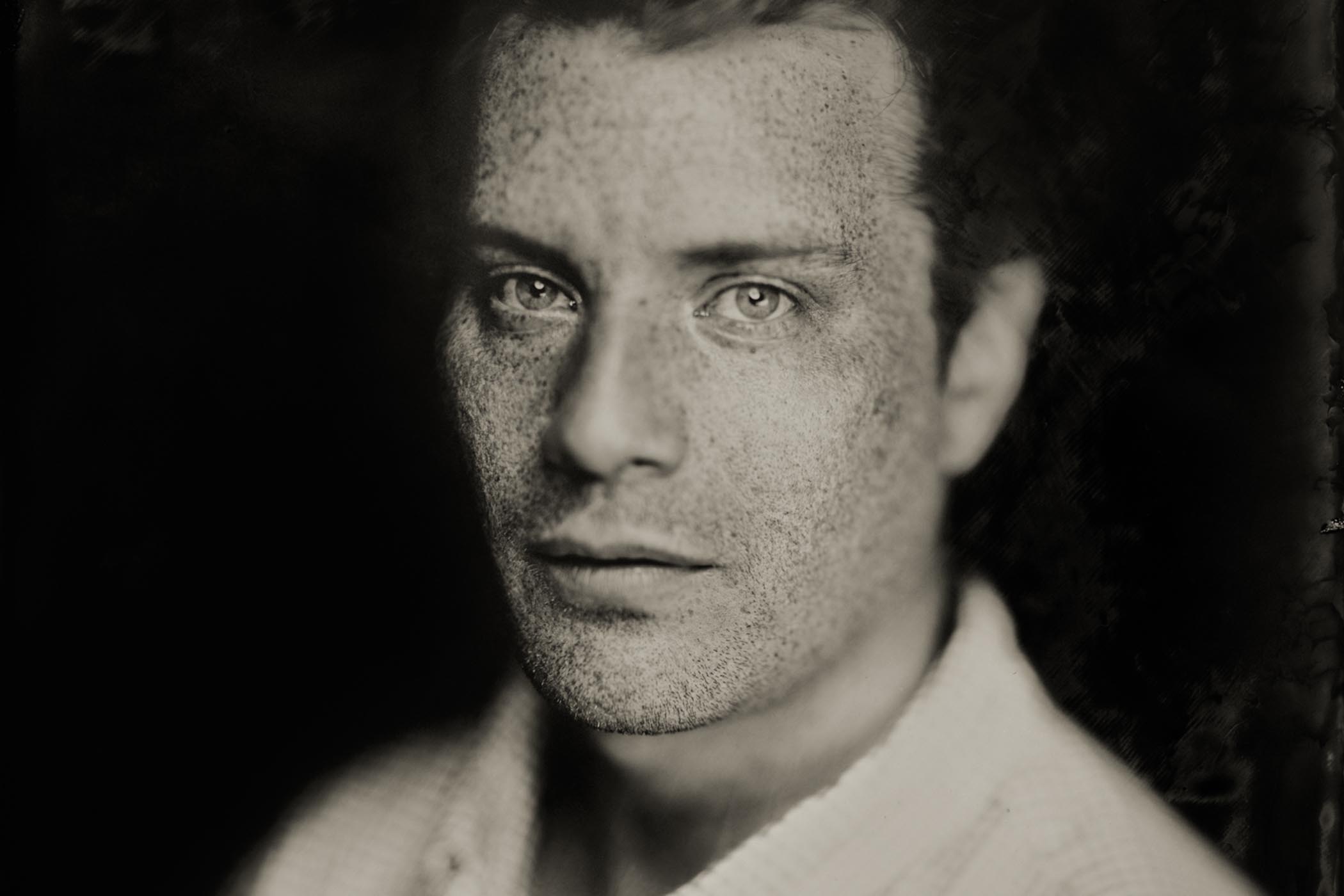Here are two podcasts, well made, insightful, gripping. Eminently bingeable, if it weren’t for one thing. Both feature a central character so irritatingly, reprehensibly self-centred that, on more than one occasion, all I could do not to chuck my phone against a wall was to stop listening. “Why would you do such a thing?” I kept saying to myself. “What was going on in your head?”
These true stories, both extreme, are very different. Let’s start with the jollier of the two. Adrift is the tale of the Robertsons, a British family who, in the early 1970s, sailed around the world in a small boat. What fun! Except, after a year or so of adventuring in the Pacific Ocean, the Robertsons’ schooner is bashed and broken by orcas, and it sinks in minutes. The family – dad Dougal, mum Lyn, sons Douglas, 18 at the time, and twins Sandy and Neil, just 12 – are left floating on a blow-up lifeboat with nothing to eat except a bag of onions, 10 oranges and six lemons. Oh, and Robin, a guy they’d picked up on their travels. They didn’t eat him. They pledged not to eat each other. They lasted 38 days and travelled 750 miles before being picked up by a Japanese fishing boat.
I knew about this mad tale already, as it’s been covered over the years in the press and by Dougal in a book, Survive the Savage Sea. Adrift makes the story sound fresh and features immersive sound design (creaking sails, crashing water), though you sense the actual shipwreck would have been much noisier than some gentle background sloshing. We’re treated to some thrilling detail from Douglas, Sandy and Neil, as well as their then 20-year-old sister Anne, who started out on the adventure but left before the shipwreck, and the captain of the Japanese boat. Host Becky Milligan (Hooked on Freddie) brings a cool eye and warm tone, and the structure is careful, with some exploration of family dynamics and a revelation about a man befriended by Douglas on a visit to Miami. Still, the admirable production can’t stop me feeling utterly exasperated with ego-maniac Dougal, a man so selfishly adventure-driven that he almost killed his whole family.
Immersive sound design features creaking sails and crashing water, though you sense there would have been more than gentle background sloshing
Immersive sound design features creaking sails and crashing water, though you sense there would have been more than gentle background sloshing
The other extreme podcast story is far more depressing. It concerns the American actor Allison Mack, known for her role as Chloe in Smallville, who, in 2006, joined NXIVM (pronounced “nexium”), a wellness and self-improvement organisation. NXIVM turned out to be an exploitative cult led by Keith Raniere, who was sentenced in 2020 to 120 years in prison for human trafficking, sex offences and fraud.
In 2018, the CBC brought out the excellent Escaping NXIVM, which centred on cult member Sarah Edmondson, exploited by NXIVM for years. Allison After NXIVM, also by CBC, is based on a lengthy interview with Mack, who served 21 months in jail over her involvement. She was a member for a decade, and rose to a high position. Mack and other women were branded with a secret symbol that contained both the letters K and R (Keith Raniere) and possibly her initials A and M. She ate 500 calories a day, punished herself with freezing cold showers, wore underclothes that hurt her own flesh, estranged herself from her family and gave thousands of dollars to the organisation. Oh, and had sex with Raniere. All part of the mortification regime with which Mack engaged, because somewhere within herself she felt unworthy.
Mack was groomed and abused, and information was kept from her. But, as the show makes clear, she also became an expert abuser herself, actively recruiting other women, known within the cult as her “slaves” and offering them up to Raniere. That’s a lot harder to understand. When talking about a woman being raped, Mack explains that “at the time, in my head, it was a radical exercise”, which isn’t really enough. (It was this that made me want to chuck my phone at the wall.) Clearly, she can’t face up to the dreadful reality of her actions, even now.
Host Natalie Robehmed is constantly describing the beauty of every female interviewee; how gorgeous their houses are; how immaculate their faces. This plays queasily into the same obsession with perfection that made so many of these women insecure and vulnerable in the first place. Chilling.
Standup comic Darren Harriott’s Father Figuring has been on every day this week on BBC Radio 4. Harriott’s dad died by suicide while in prison. He was only 35; Harriott himself was 11. Now older than his father, Harriott, who does not have children, has started to wonder about fatherhood and the role of “good” or “bad” dads. He talks to psychologists, social scientists and his own family. He tries to find out about his dad. His mum, who we meet in the first episode, says he shouldn’t bother. “I think you should just leave it,” she says. “What’s done is done.”
Harriott’s friends Leon and Dan, sons of men who were not the greatest of role models, now have young children of their own. “My whole universe has changed,” says Dan. “[fatherhood] is so much better than I thought it would be.” These men are delightful and inspiring, as is the whole series. Thank goodness for ordinary decent people.
Photograph courtesy of the family
Newsletters
Choose the newsletters you want to receive
View more
For information about how The Observer protects your data, read our Privacy Policy



